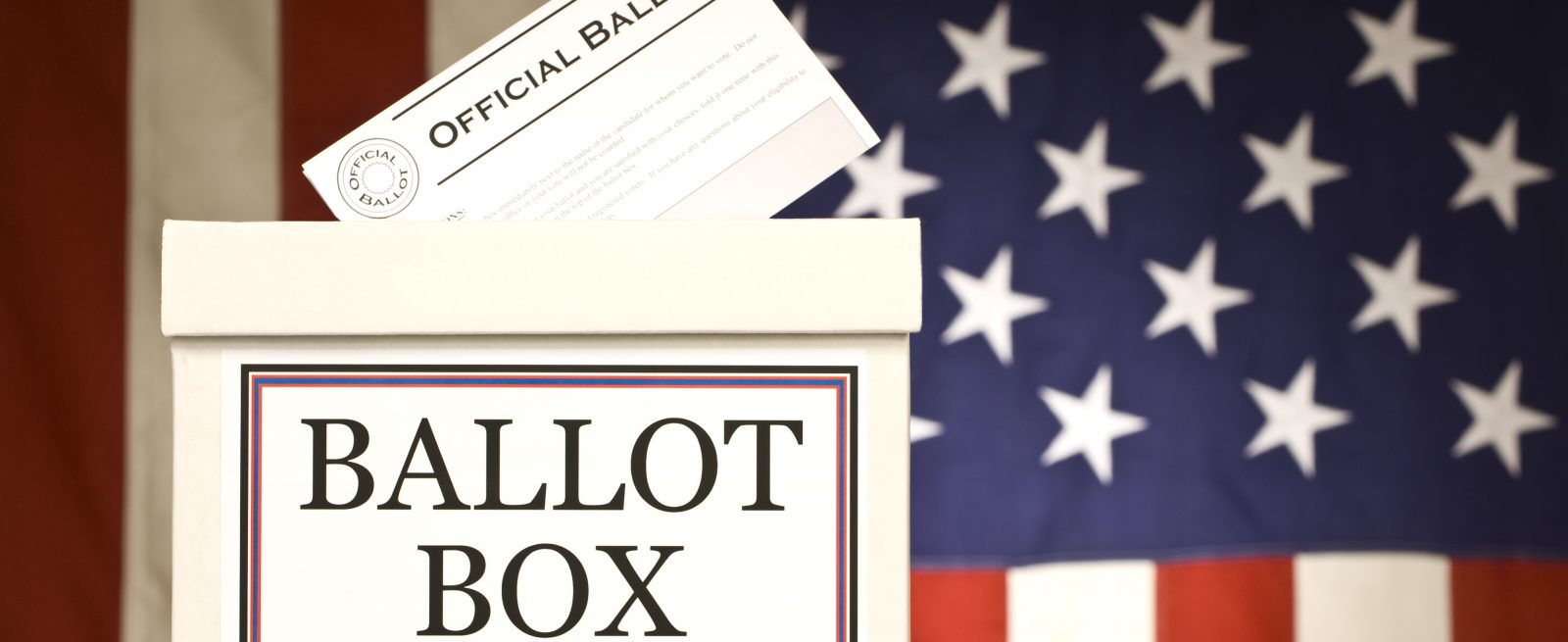MRM EXCLUSIVE: What the Election Means for Your Restaurant and the People You Employ
3 Min Read By Bryan F. Jacoutot
Perhaps the single most comprehensive tool a U.S. president has to affect the day-to-day operations of business owners is through agency regulation. Whether by regulatory expansion or contraction, presidents of widely varying political persuasions have utilized agencies to promote their economic agendas, and the 2016 candidates appear likely to continue the tradition. The two major party candidates have, unsurprisingly, struck conflicting stances on the issue.
In order to understand the significance of the candidates’ approaches to regulations, a quick look at what is arguably the most significant economic regulation coming down the pike in 2016 is worth examining first.
In 2015, the U.S. Department of Labor (DOL) proposed the idea of expanding overtime accessibility to about 4.5 million previously ineligible Americans. While this proposal would apply across nearly all industries in the U.S., the restaurant industry might be particularly affected at the mid-tier, management level. Many salaried workers will suddenly find themselves eligible to receive overtime under the regulations if they worked more than 40 hours in a week.
The future implementation of the overtime regulations, and many others still to come, will likely follow the lead of the president.
For the restaurant industry, for example, employees in a shift manager capacity most readily come to mind.
Before the DOL proposed the new regulations, only those executive, administrative or professional (EAP) employees making less than $23,660 on a salary basis were potentially eligible for overtime. Under the new rule, however, that threshold has more than doubled to $47,476, and many restaurant owners may soon find their employees under the umbrella of “overtime eligible.”
Why is this particularly significant for the restaurant industry? Two reasons: First, the candidates’ respective positions on the issuance of new regulations could bear on whether these new overtime regulations – along with many others – stand to fully and finally be implemented.
Second, the restaurant and hospitality industries all include a large number of employees in the “affected zone” (i.e. employees performing executive, administrative or professional duties paid on a salary basis that is between $23,660 and $47,776).
Further, the Republican-controlled Congress has already signaled its intent to attempt to delay the implementation of these regulations, which are currently set to take effect in December. President Obama has said he will veto any effort to delay the regulations, which means that Congress will need to cobble together a large majority coalition of both Democrats and Republicans to override the veto. The reality is, however, that it is extremely unlikely such a coalition will be achieved in the requisite time frame, if at all.
This makes the election of the next president all the more consequential, because the future implementation of the overtime regulations, and many others still to come, will likely follow the lead of the president.
So where do the two candidates stand?
Change is on the horizon for the restaurant industry, regardless of who enters the oval office in January.
For the time being, it appears Donald Trump and Hillary Clinton sit at what are essentially opposite sides of this issue. In a recent modestly descriptive economic policy speech in Detroit, Mich., Trump proposed a temporary moratorium on new agency regulations as well as a “targeted review” of existing regulations. It is unclear whether Trump’s review would halt or revisit regulations like the 2016 overtime expansion, but his comments should be taken seriously as a possible threat to their ongoing implementation.
By contrast, Clinton released a statement praising the 2016 overtime expansion and calling for further action saying, “we have more work to do.” In short, current and new regulations would almost certainly continue apace under a Clinton administration.
The point here is not to say whether more regulation is good and less regulation is bad or vice versa. Rather, it is to note that change is on the horizon for the restaurant industry, regardless of who enters the oval office in January. For those in a leadership capacity, the name of the game is likely going to be three words: compliance, compliance, compliance. Even under Trump’s proposed temporary regulatory moratorium, there is no guarantee the 2016 overtime expansion will not take place, nor that some more onerous legislative or regulatory burden will not follow on its heels.
For the average employee, the new overtime rule may come as a welcomed surprise to those it affects. It remains to be seen, however, whether and how it or any future regulation will precisely change their job. Indeed, it is unlikely that an employer will simply absorb the cost of the newly added overtime eligible employees. Job descriptions may be changed, hours may be cut or shifts eliminated, and new employees may be added on to prevent others from breaching the 40-hour threshold.
The underwhelming conclusion and well-known fact is that presidential elections have consequences. While it is true that the next president likely will not have free reign to implement his or her agenda, he or she will have considerable authority and influence. This industry will not be immune from the effects of the economic and regulatory agenda of the new president, however they seek to frame the economy.


